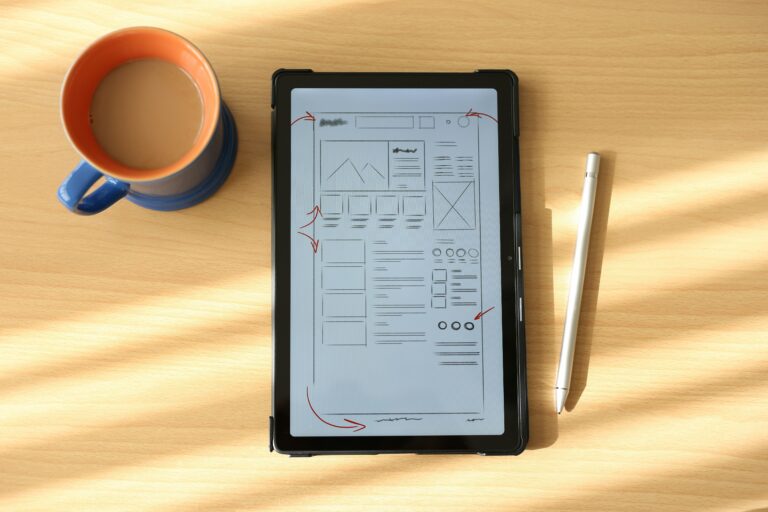Work-related stress is a mental strain many employees report dealing with regularly. Stress and anxiety are unavoidable aspects of everyday life, and they can be brought on for any number of reasons but especially due to work.
The important question to ask is how are you handling these emotions? Putting in an effort to pay extra attention can be crucial, because if stressors go mismanaged, they can lead to much bigger problems.
Acknowledge your feelings of stress
The first step towards managing stress and anxiety is to recognise your feelings. Author and emotional intelligence expert Daniel Goleman says, “If your emotional abilities aren’t in hand, if you don’t have self-awareness, if you are not able to manage your distressing emotions […] then no matter how smart you are, you are not going to get very far.” Developing the skills to reflect and process your emotions as they happen can transform your work life.
Anytime you’re feeling stressed or anxious, try to work through it by writing it down. Take note of a number of things:
- How you’re feeling
- When the feelings came on
- What brought the feelings on
- How long the feelings lasted
Write down anything that can help you understand the source of this particular thought process. You’ll want to note the difference between feeling anxious and feeling stressed. Stress is a response to something external, and anxiety is an internal thought process that involves thinking in excess and judging one’s self.
Communicate stress with your team
When you are having a difficult time, it can be beneficial to have someone in your workplace to talk to. They understand the workflow, the expectations, and the deadlines. They can provide their perspective and offer input on how to handle the situation. You shouldn’t be afraid to ask for support and consider delegating work. Honesty with yourself and others about what you’re experiencing and how it’s affecting you will help you to create a more sustainable solution to any problems.
Practice healthy coping mechanisms for stress
There are a plethora of daily tasks a given employee has to accomplish.
In your work, you have control over the ways in which you approach tasks, which can directly influence your state of mind. Some time management strategies and task organisation methods that you can use to your advantage include writing down your to-do lists and organising them by priority of each list item to help to make an optimal plan for the day. With each list item to be done, setting a timer that requires you to complete each activity in a certain time frame can help you to keep focus. Then, check off each list item as it is completed to help encourage positive feelings of accomplishment.
When feelings of stress and anxiety creep in, they can impact your ability to focus, complete tasks in full measure, and threaten your productivity and overall output. A powerful tool to combat those negative effects is the practice of mindfulness.
A way to practice mindfulness is to fully tune in to your mental state. You can use the technique to change any negative thoughts that can contribute to feelings of stress and anxiety, and turn them into more positive and constructive thinking.
Other healthy habits to practice include adopting a proper sleep schedule, drinking plenty of water, and trying to choose healthier food options whenever possible.
Take Quality Time Off
Regardless if your time off is a two week holiday, or one two-day weekend, the quality of your work-life balance can make a big impact on your mental state at work.
If your time away is riddled with status updates and random emails then you’re not allowing yourself the space to truly rest and recharge. If you allow your mind to be present and relaxed you’ll be able to appreciate other defining aspects of what life has to offer. This can create a more well-rounded sense of fulfillment in yourself. If work overruns your thoughts, even on your personal time, you’ll lead yourself down a path towards burnout.
During the work day, small breaks and lunchtime can change the trajectory of your day. Breaking up tasks with something as small as a quick walk around the office or a mid-day coffee break, can keep your work tasks from overrunning you.
For more information and resources on stress, visit Stress Awareness Month 2022.




